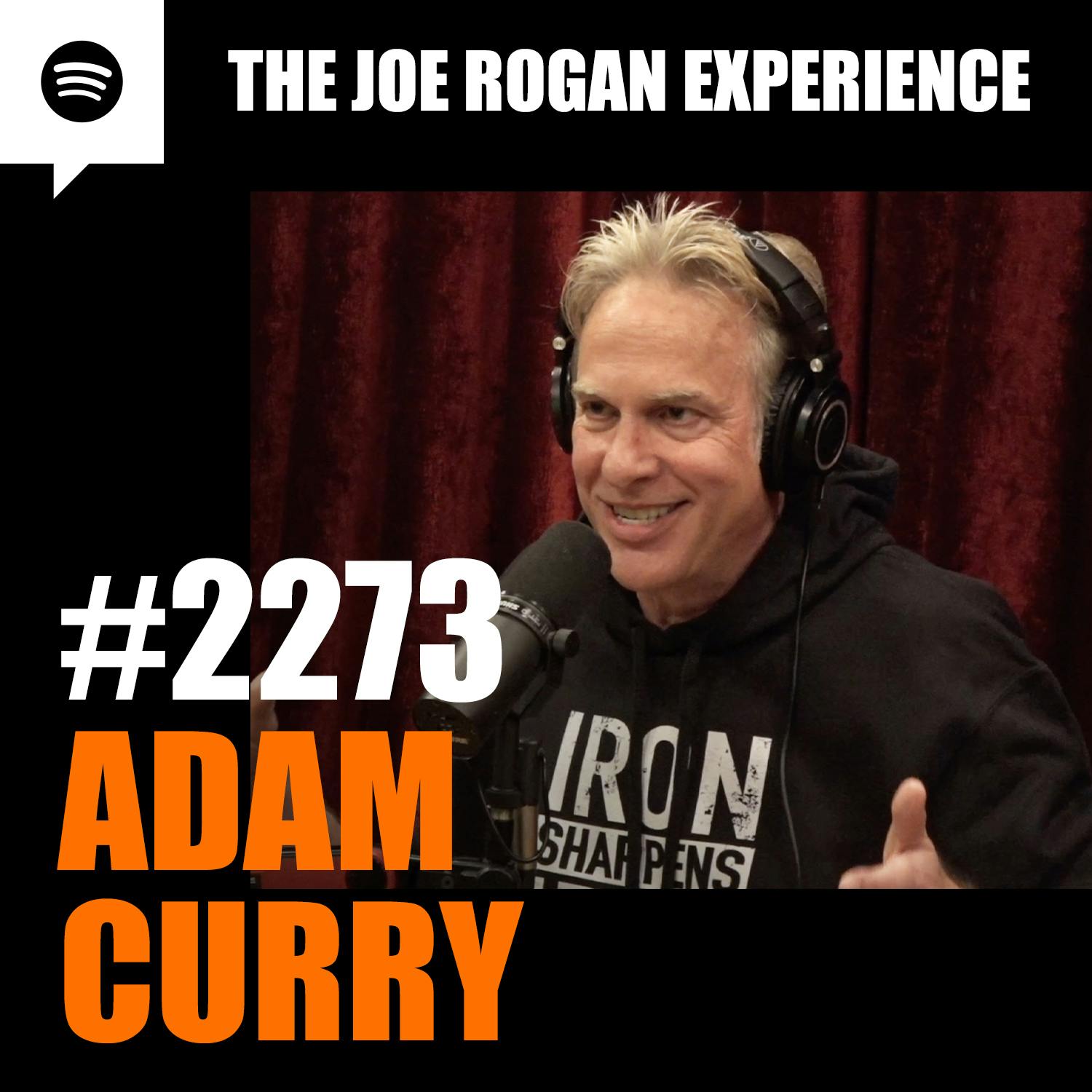
June 12, 2024 • 2hr 35min
#2163 - Freeway Rick Ross
The Joe Rogan Experience

Key Takeaways
- Freeway Rick Ross was unknowingly involved in the Iran-Contra affair, where the U.S. government was selling crack cocaine in low-income communities to fund the Contra rebels in Nicaragua.
- Despite being a young, uneducated drug dealer, Rick Ross developed incredible business acumen and discipline that could have been applied to legal entrepreneurial pursuits.
- The "war on drugs" has disproportionately targeted and incarcerated people of color, while allowing those in power to profit from the illegal drug trade.
- Legalizing and regulating drugs like marijuana could reduce crime, improve public health, and generate tax revenue to invest in underserved communities.
- Rick Ross is now using his platform and experiences to mentor youth, advocate for criminal justice reform, and build legitimate businesses in the legal cannabis industry.
Introduction
Rick Ross, the former drug kingpin, joins Joe Rogan for a wide-ranging discussion about his life story, the history of the crack cocaine epidemic, and the systemic issues that have perpetuated the "war on drugs." Despite his past involvement in illegal activities, Rick's story is one of resilience, redemption, and a desire to use his experiences to help others avoid the same pitfalls he encountered.
Topics Discussed
Unknowingly Involved in the Iran-Contra Affair (18:25)
- Rick Ross was a young, uneducated drug dealer in South Central Los Angeles who was unknowingly part of the Iran-Contra affair, where the U.S. government was selling crack cocaine in low-income communities to fund the Contra rebels in Nicaragua.
- When the story broke, the CIA, Congress, and other government agencies interviewed Rick in jail, trying to determine how much he knew about the larger operation.
- Rick maintains that he was simply a street-level drug dealer who was unaware of the broader geopolitical implications of his actions at the time.
Developing Business Acumen in the Drug Trade (33:25)
- Despite his lack of formal education, Rick developed incredible business skills and discipline while operating as a drug dealer, including mastering the logistics of the drug trade, managing finances, and motivating his team.
- Rick believes these skills could have been applied to legal entrepreneurial pursuits, but he was drawn into the drug trade due to a lack of economic opportunities and positive role models in his community.
- He emphasizes the importance of providing youth with alternative pathways to success, rather than criminalizing them for engaging in illegal activities out of necessity or desperation.
The Failures of the "War on Drugs" (50:16)
- The "war on drugs" has disproportionately targeted and incarcerated people of color, while allowing those in power to profit from the illegal drug trade.
- Rick and Joe discuss how the government's involvement in the crack cocaine epidemic, as well as the privatization of prisons, have perpetuated systemic racism and economic exploitation.
- They argue that legalizing and regulating drugs like marijuana could reduce crime, improve public health, and generate tax revenue to invest in underserved communities.
Rick Ross' Transition to Legitimate Business (1:46:28)
- After his release from prison, Rick has transitioned into legitimate business ventures, including a legal cannabis dispensary and a record label.
- He is using his platform and experiences to mentor youth, advocate for criminal justice reform, and provide opportunities for those impacted by the "war on drugs."
- Rick emphasizes the importance of giving people a second chance and investing in community-based solutions, rather than relying on incarceration and punitive measures.
Conclusion
Rick Ross's story is a complex and nuanced exploration of the systemic issues that have perpetuated the "war on drugs" and the criminalization of marginalized communities. Despite his past involvement in illegal activities, Rick has emerged as a powerful advocate for reform, using his experiences to mentor youth and build legitimate businesses in the legal cannabis industry.
Throughout the conversation, Rick and Joe grapple with the contradictions and hypocrisies of a system that has allowed those in power to profit from the illegal drug trade, while punishing the very communities that have been devastated by it. Their discussion highlights the urgent need for a more compassionate, evidence-based approach to drug policy that prioritizes public health, economic opportunity, and community-led solutions over incarceration and punitive measures.
Ultimately, Rick's story serves as a powerful reminder that even those who have made mistakes can find redemption and use their experiences to create positive change. By sharing his story and advocating for reform, Rick is not only working to improve his own life, but also to create a more just and equitable society for all.









